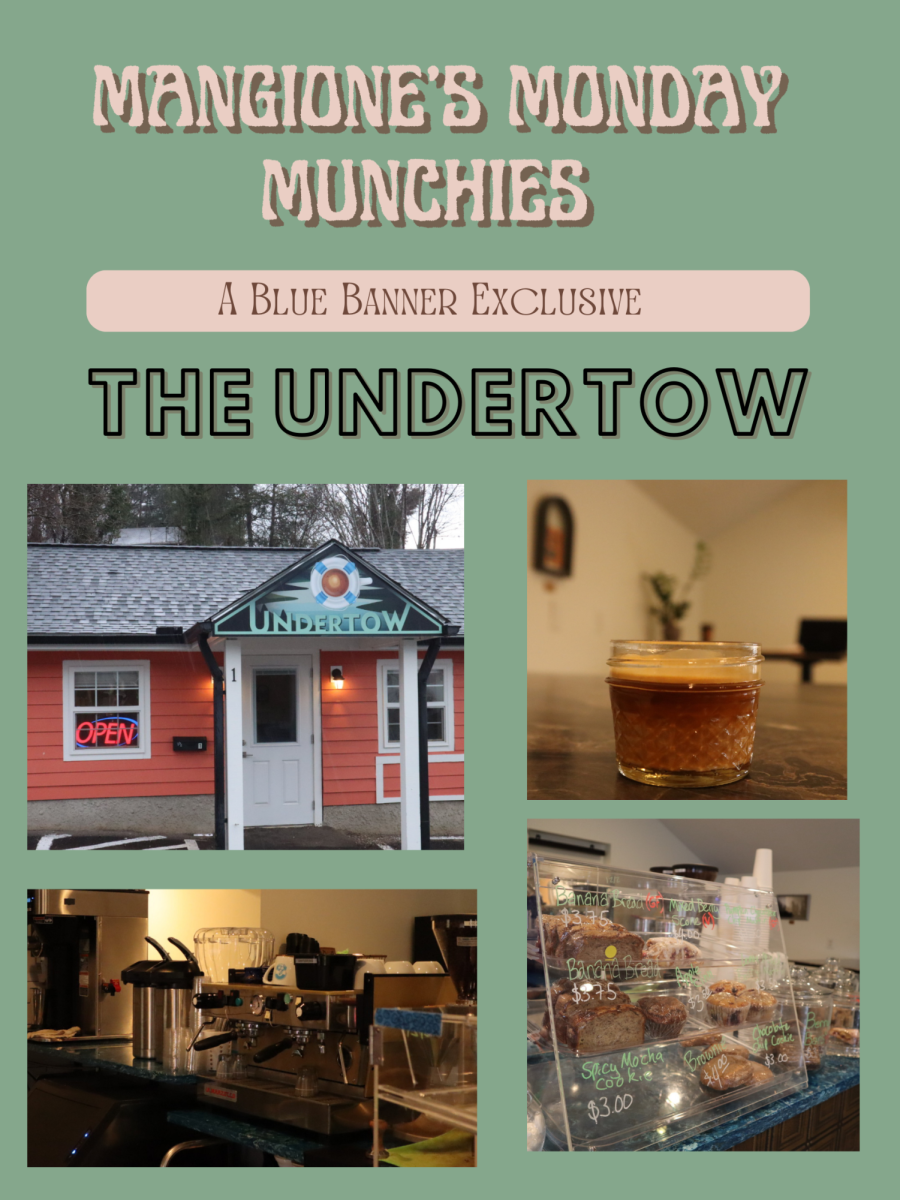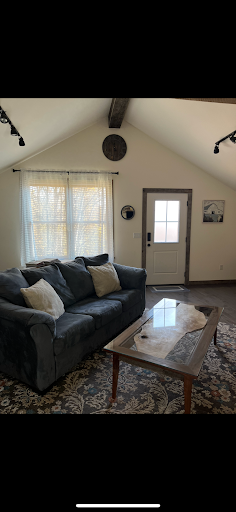By A.V. Sherk – [email protected] – Asst. Sports and Multimedia Editor
UNC Asheville student Drew Benbow takes an in-depth look at whether or not Facebook really takes your best interests to heart.
“The idea is that we take 20 to 25 students using social media, and ask them to cease using social media for three weeks,” Benbow said. “At the beginning and end of the three weeks we’ll have two different self-assessment surveys that measure anxiety and depression levels.”
According to Benbow, the inspiration came from an UNCA. Together, the two decided to take a high-tech hiatus over the summer, and what they found inspired Benbow to take the thought a step further.
“We had noticed that whenever we logged on the computer we would become really anxious and really depressed,” Benbow said. “We felt like we had become, to a lesser extent, addicted to Facebook, and to that constant feed of updates.”
Benbow said his time away from electronics proved positive for his well-being. Though Benbow said he uses computers in his daily routine, Facebook is not a part of Benbow’s life anymore.
“We thought it would help us to media fast,” Benbow said. “We knew there was something not quite right with it, so we wanted to take a break and just see what happened. After that month, we felt really tuned in with everything, more focused.”
Alongside Benbow, UNCA Associate Professor Patrick Bahls, Benbow’s faculty adviser on the project, Bahls guides Benbow through the process of initiating his research.
“Our current stage is getting approval from UNCA’s IRB,” Bahls said. “The next step is gathering a variety of participants. We don’t want just psych majors, because then the study will only tell us how psychology students react to temporarily logging off Facebook.”
IRB, the Institutional Review Board, must give its approval of the project’s aims and methods before Benbow can start his study. Once the IRB gives clearence, Benbow and Bahls will begin their search for subjects.
Benbow and Bahls’ work mirrors a study done at Missouri University by doctoral student Russell Clayton. Clayton’s study not only covered loneliness and anxiety as attributed to Facebook, but also peered into students posting under the influence of drugs and alcohol.
According to the study, students who identify as more socially anxious see online interactions as a comfortable platform to express themselves, but, as a result, can be more emotionally connected to their online social lives.
“I think of anxiety as an overactive and often irrational fear response,” said Barbara Galloway, UNCA’s Substance Abuse Prevention Coordinator and Counselor. “It’s helpful to be scared if a lion is chasing you, not helpful to be scared when you are in line in the cafe.”
Adjusting to college life can be very stressful socially for some students. According to Galloway, Facebook helps shy students initiate conversations and friendships without the sweaty handshake.
“Facebook can be a way to practice interacting with others,” Galloway said. “But over-dependence on this form of communication can seriously thwart the development of interpersonal skills.”
Latest Stories
- What Do Blue Banner Staff Listen To?
- Asheville residents at odds over U.S. financial assistance to Ukraine
- The UNC Asheville Saber Club’s duels remain, moved to AC Reynolds Green
- UNCA League of Legends takes first in stunning finals match against HPU
- From passion to professional play: How a UNCA League of Legends MVP hit their stride
- Old UNCA sorority still has its footprints on campus
- Mass communication students visit Charlotte to watch Hornets game
- Blue Banner Connections #1
- Sex toys get luckier than traditionalist men
- A student's perspective on traveling and concerts


















